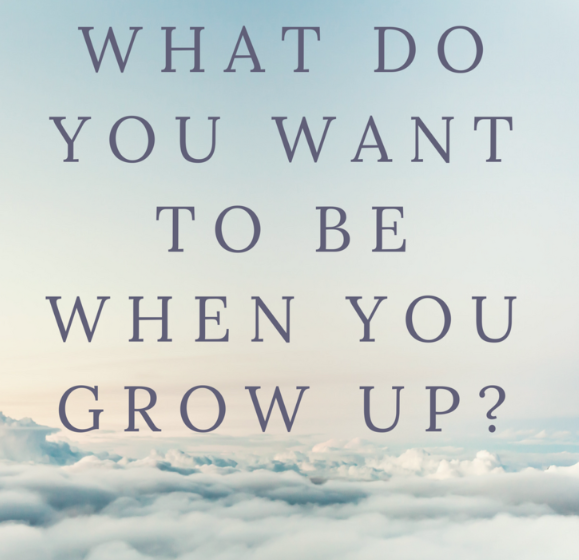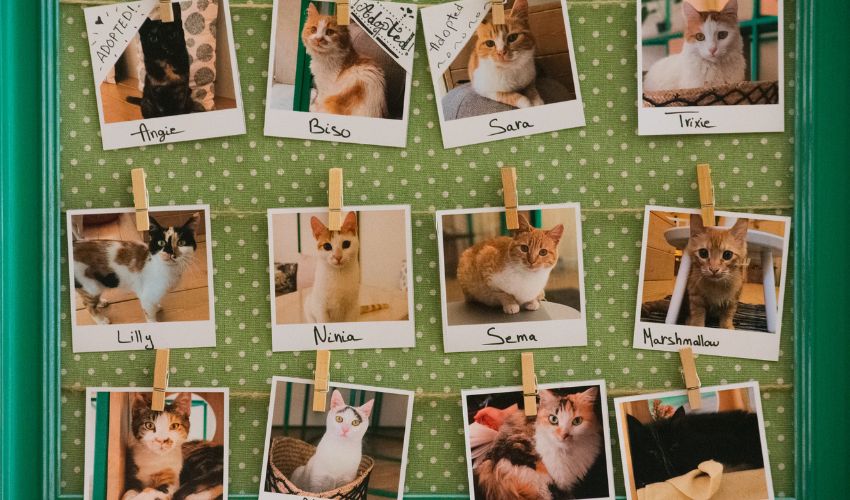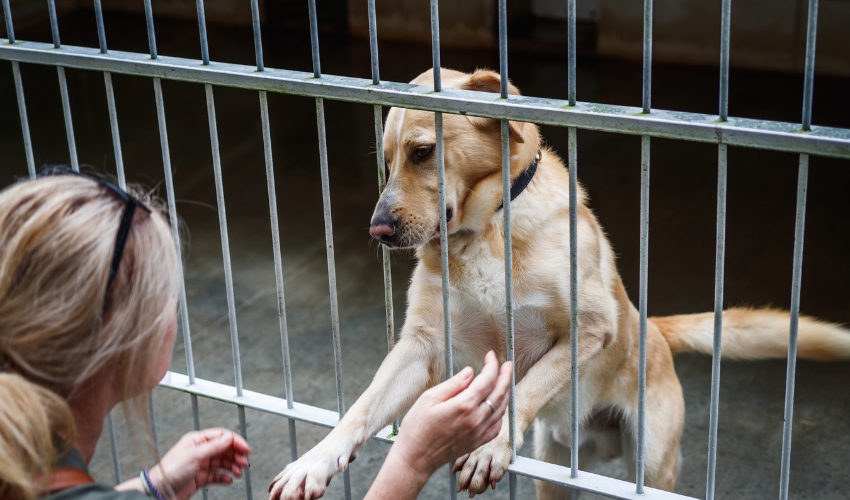“Expecting life to treat you well because you are a good person is like expecting an angry bull not to charge because you are a vegetarian.” –Shari R. Barr
What do you want to be when you grow up?
Most of us have probably been answering this question for as long as we can remember. From the day we learned to speak, to the years of schooling we were subjected to, we were constantly challenged to articulate what we wanted to be in the future; what were we going to do with our future.
Who inspires you? Who is your role model?
Coupled with the discussion on what you want to become in your life, there is usually a recommendation to find role models and mentors so that we can emulate their qualities of purity and goodness in our quest to achieve this model person that we have conjured up.
Personally, I have always found the open-ended question about what I want to be when I grow up to be one of the most difficult questions to answer. I learned early on that if you did not provide an answer that you would be subjected to additional scrutiny and inquisition and so I quickly gravitated towards a logical answer that shaped my decisions for many years to come.
Who wants to be a lawyer anyway?
 My response to the question of what I wanted to be when I grew up quickly morphed into the vision that I would be an attorney. After all, I was quick on my feet, enjoyed a healthy debate, and was always creative in my defenses for why my brother and I were disobeying the rules. When I surfaced this answer it was always seemingly met with approval because an attorney is an admirable profession and one that many before me have undertaken successfully. So for most of my childhood I used this response to escape the unanswerable questions about my future.
My response to the question of what I wanted to be when I grew up quickly morphed into the vision that I would be an attorney. After all, I was quick on my feet, enjoyed a healthy debate, and was always creative in my defenses for why my brother and I were disobeying the rules. When I surfaced this answer it was always seemingly met with approval because an attorney is an admirable profession and one that many before me have undertaken successfully. So for most of my childhood I used this response to escape the unanswerable questions about my future.
My own path took me to business school with a future plan to return to law school that never materialized. I took a job in IT consulting and quickly realized how cut-throat the business world truly can be. As a young, inexperienced IT professional I watched colleagues and clients intentionally undercut their peers in an effort to gain an edge or to get something that they wanted. They would intentionally do things that would help their own interests, even if it meant stymieing someone else that they worked with. It was all about competition and not about collaboration and doing what is right. It was the approach of “he who has the most gold wins” to the detriment of everyone else.
Define what you don’t want to be to uncover who you are
 Whenever I was confronted with a choice to get ahead, I found myself asking if I was getting ahead to the detriment of someone else. I found that I was not the cut-throat type willing to sacrifice everything for the win. Sure, I was competitive and I enjoy winning as much as the next person and I always go for the top rating I can achieve. But I found myself defining a principle that I live by to this day. Some may call it my mantra but I believe it to be my guiding principle for when decisions are difficult.
Whenever I was confronted with a choice to get ahead, I found myself asking if I was getting ahead to the detriment of someone else. I found that I was not the cut-throat type willing to sacrifice everything for the win. Sure, I was competitive and I enjoy winning as much as the next person and I always go for the top rating I can achieve. But I found myself defining a principle that I live by to this day. Some may call it my mantra but I believe it to be my guiding principle for when decisions are difficult.
I will not step on someone else or intentionally undercut them in order to get where I want to be or to obtain something I am seeking.
Of course, I am competitive and I will fight with all of my might to win, but I will always do it with a lens on fairness and not cheating or undercutting my competition just so I can come out on top.
Focus on what you don’t want to become; not where you want to go
 When you focus on what you want and where you want to go, it can be easy to build tunnel vision for your goals. Many animal rescue organizations and animal rescue volunteers seem to have blinders on as they focus on what their goals are to the detriment of anyone else working around them. They focus on filling their transport or finding their volunteers or raising money for their animal rescue igniting competitive behaviors between themselves and their peers despite having the common goals of saving animals.
When you focus on what you want and where you want to go, it can be easy to build tunnel vision for your goals. Many animal rescue organizations and animal rescue volunteers seem to have blinders on as they focus on what their goals are to the detriment of anyone else working around them. They focus on filling their transport or finding their volunteers or raising money for their animal rescue igniting competitive behaviors between themselves and their peers despite having the common goals of saving animals.
When you focus on what you don’t want to become, likely you will recognize that you don’t want to become the person that nobody wants to work with, or the friend that is never there when someone needs them. You won’t want to be known as the naysayer who is constantly pointing out the flaws in the plan and you won’t want to be reason something fails because you did not do your part.
Uncover the qualities and stereotypes that you don’t want to have and list out the adjectives that you don’t want used to describe you. Then develop your guideposts for how to manage your life so you don’t achieve them. You’ll be much happier with the outcome.












